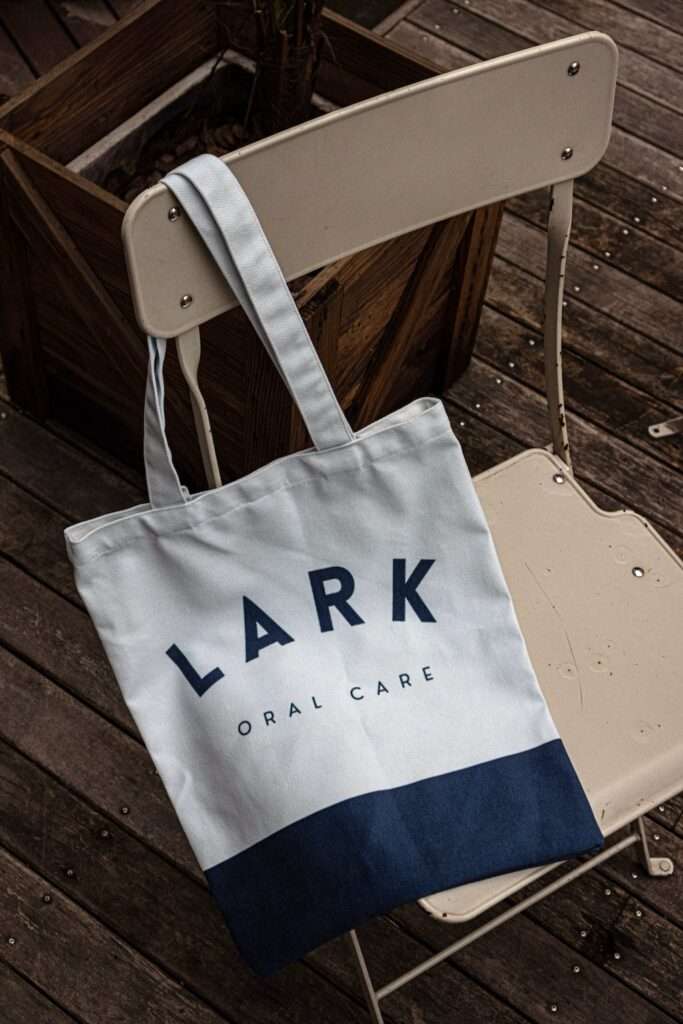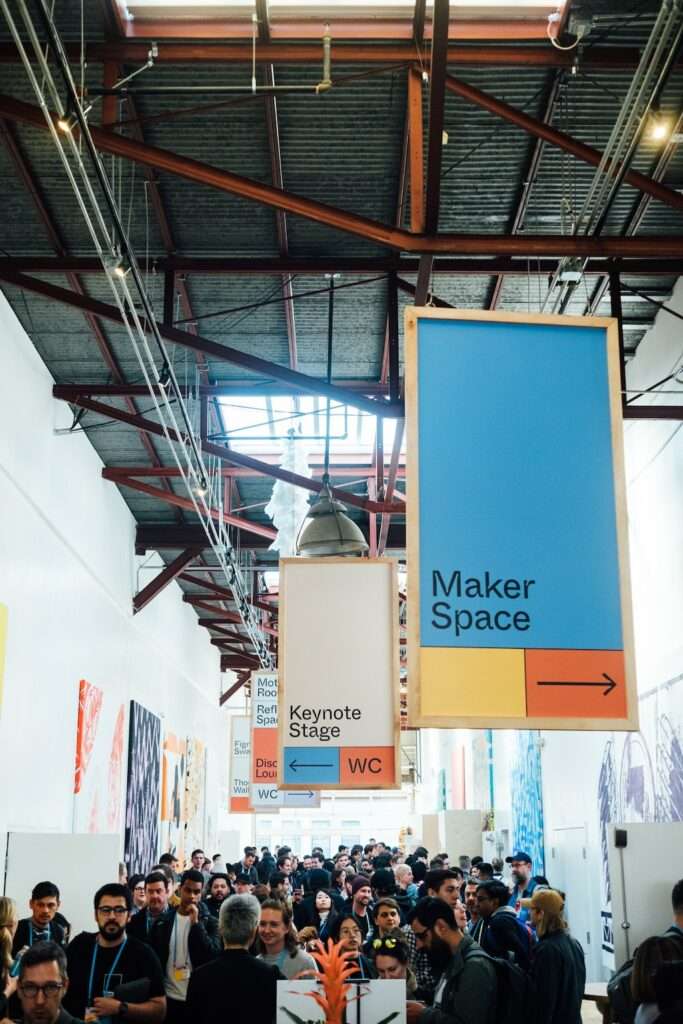Pens. Bags. Cups. Key chains. Swag comes in many forms and makes up a $64 billion promotional item industry. Are there sustainable alternatives that achieve the same goal of brand recognition?
The lifespans of most typical event freebies are short-lived, with those branded swag bag items winding up in the trash — which means those advertising dollars are missing the mark and contributing to the $67 billion landfill problem.
It’s understandable. You have a table at a trade show, and all the companies there will have their giveaway items, so you feel like your company should have something too. After all, how else will the attendees remember your brand?
But by the end of the day, those conferencegoers have mixed your swag into a hodgepodge of what — in mere hours — they’ll come to see as junk.
Now what?
If they’re like most people, your promotional items will get trashed sometime over the next year, according to the Advertising Specialty Institute’s 2019 Global Ad Impressions Study.

But don’t count on even that kind of longevity. Swag is often discarded at the event where it was given. Think about that. A conferencegoer sees your swag carelessly thrown on the floor or in a trash can. What kind of first impression does that make? It says your company spent money to show that prospects don’t value your brand. That’s a real scenario, and it happens often. So it’s not difficult to see swag as an expensive pro forma practice that does as much harm to a company’s image as it does to the environment.
This perspective isn’t entirely new. Studies have been done on the environmental impacts of trade shows as a whole, and, in some cases, the findings are stunning. One such conference was reported to be responsible for 455 tons of greenhouse gas emissions.
Data points like that have prompted businesses to look for ways they can still enjoy in-person events as a way to network and grow while also reducing their carbon footprint. That idea has been gaining traction in recent years — even with the general public. In fact, a 2017 survey by Cone Communications found that 63 percent of U.S. consumers are hopeful companies will act to promote social and environmental change.
Combine those factors with good business sense, and it’s no wonder many businesses are looking for alternative marketing solutions that are more cost-efficient and environmentally friendly.
So what should a company do as an alternative to swag?
Solving that problem is a big part of why investing into SEO (search engine optimization) and digital marketing is key.
When you invest capital in SEO for your website, you control the result, and it can’t be thrown away. It can’t clog up a landfill. And the benefits to your company last until you make changes. Business owners win. The environment wins. Everyone wins.
Sure, there is a lot of “everyone else is doing it” pressure to stock your trade show table with promotional items, but logic would have you do differently. Consider the real goals for your marketing budget:

What is longer lasting — a blog post your customers and prospects can refer back to time and again or a “reusable” bag that rips after a few uses?
What’s a better representation of your brand — a well-conceived social video or a drink koozie that will be stained or tossed out in as little as one use?
Would you rather people associate your business with helpful web resources or the frustration of a cheap pen that ran low on ink at an inopportune time?
That’s not to say that web activity doesn’t come with its own carbon footprint. It most certainly does. But the choices are obvious for savvy business people who aren’t just spending money to spend money. And the beauty is that digital marketing and cultivating an impactful conference presence aren’t an either-or proposition.
Sure, your company could just eliminate swag and spend that money on any web content. It certainly would be better for the environment. But why not pair digital marketing with your conference efforts? It could be as simple as gathering data and creating lists for personalized newsletters. You could also be super sophisticated with a customized interactive experience at your booth that ties into a post-conference engagement campaign and builds the relationship throughout the customer journey. With a little creativity, the possibilities are endless.
The best part is: practical growth-driving business solutions are not at odds with sustainability. Helping your business grow and helping the environment can go hand in hand. And it could be a game-changer with a public that is becoming more and more environmentally conscious.
So why not give it a try? Don’t just think big when it comes to promoting your business. Think green too. All it takes is a little creativity.
Eric Ritter is the owner and CEO of Digital Neighbor with 20+ years of experience in advertising and marketing. His neighborly agency stands out as results-driven and proves kindness goes a long way in B2B and B2C. Eric’s passion and expertise are in SEO, for which he acts as a “sommelier” or advisor for clients seeking the best digital solutions.
Related on Ethos:


